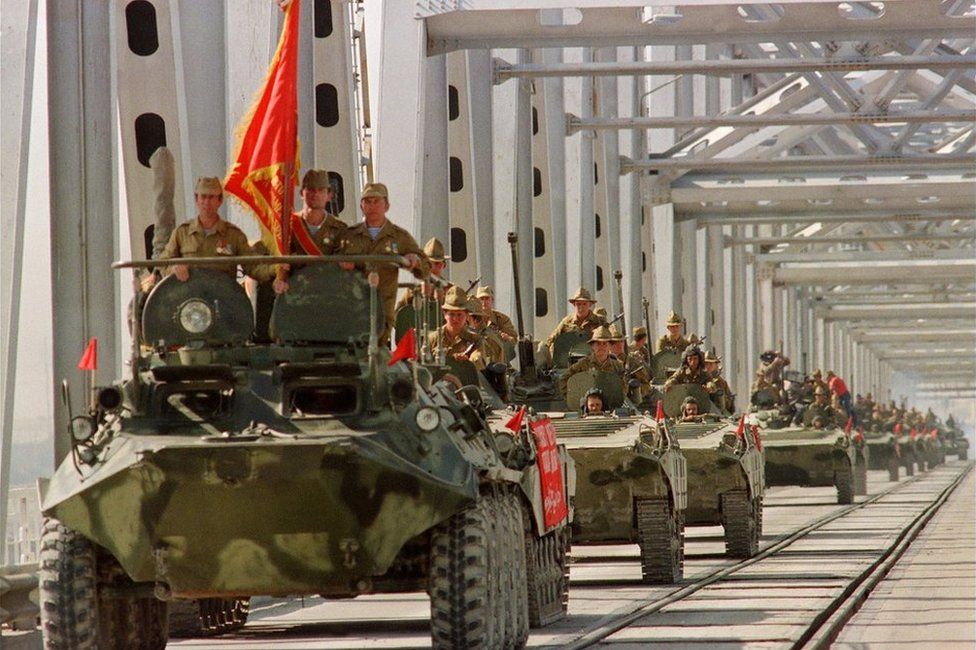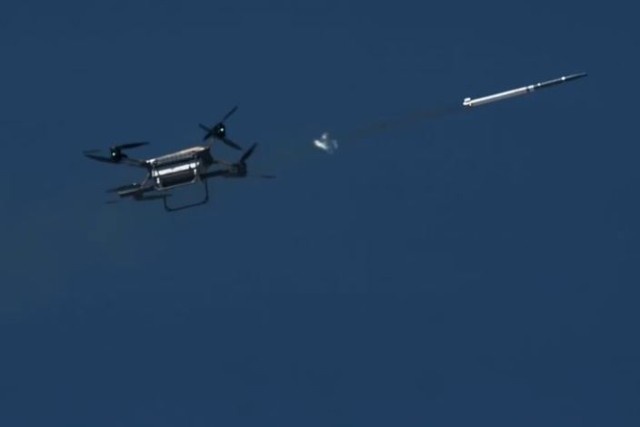In the nineteenth century, the Russian and British empires fought for Afghanistan, and in the twentieth century, the United States and the Soviet Union. Now new Great Game sees China aiming to consolidate its hold on the area, while the Taliban took control of the crucial, landlocked nation.
China, which has no previous engagement in Afghanistan has extended an olive branch to the Taliban, enticing them with the country’s mineral riches, which includes significant lithium deposits, a vital component for electric vehicles. China is also considering bolstering security along its limited land route via Pakistan’s Karakoram mountains. It is heavily engaged in development activities in Pakistan which can be further extended to Afghanistan as the situation in the future settles better.
Meanwhile, China, claims that reaching out to the Taliban is primarily intended to safeguard its western Xinjiang province from anti-Beijing East Turkestan Islamic Movement (ETIM) terrorists who could seek refuge in Afghanistan as there is a political and security vacuum with the Taliban still not able to form the government. However, India, the U.S., and its allies asses that China is entering Afghanistan under the pretext of ETIM to secure its interests in the country. China is also needed for the Taliban to run the country as they need diplomatic recognition as well as infrastructure and reconstruction projects in Afghanistan.
Read More: Iraq War In Terms Of Just War Theory
Then there is far neighbor India, which has been embroiled in a military stalemate with China for more than a year along their disputed border. Although, things have calmed down along their borders, the defeat India faced is not only humiliating but also lesson learning on many fronts. India as a strong backer of the deposed Kabul administration played its role to spread its influence in Afghanistan and also stirred problems in Pakistan’s western regions. However, with the defeated Ghani government and Ghani no more in Afghanistan, Pakistan, and China grow in importance in a Taliban-ruled Afghanistan. New Delhi is becoming increasingly concerned as it relied on the U.S. most of the time and devised no strategy in bad times.
At sametime India, losing most of its role in Afghanistan is currently trying to adjust to reality. It has uneasy relation with the Taliban in the past and supported mostly anti-Taliban factions in the country’s war. However, over the year Taliban emerged as the dominant actor in Afghanistan and now they control the country as U.S. forces withdrew from the country under the 2020 Doha deal. Many regional countries are jockeying to secure their interests in the country. India has been left out with no diplomatic presence in the country, it has been totally out of the loop to sway decisions.
Read More: Islamic State Khorasan Chapter, A New Regional Threat
However, with new development taking place on daily basis, the Indian ambassador to Qatar holds a meeting with Taliban leadership in Qatar, A sign many in New Delhi believe that there is still a place for India to play its role in any future Afghanistan’s setup. Although, Indian policymakers understand that the last thing Pakistan wants to see is the Indian influence in the Taliban-run government as both countries have had the most uneasy relations since their independence from British Raj.
Taliban also see India as a major country to help them in reconstruction in war-torn Afghanistan, as India provides them an opportunity to not rely on China totally. Meanwhile, the Taliban need help from countries in the region, including Iran, as well as the United States and Russia. As soon as there is a formal government in Afghanistan countries in the region will start to drive their policies to secure their interest. Although it is quite early to bet on the success of the Taliban government, the countries which can be successful under any circumstances are those who want to see a stable government in Afghanistan securing their interests without any interference in the internal politics of the country.
Author: Syed Ali Abbas
The author has graduated in International Relations from NUML, Islamabad, and is the managing editor of Global Defense Insight. He also works as an Associate editor at Indus News, Islamabad. Previously he worked as a sub-editor at Pakistan Strategic Forum and Junior editor at Global Village Space Magazine. He tweets @smalinaqvi05. The views expressed in the article are the author’s own.
Syed Ali Abbas is Research Officer & Comm Officer at the Center for International Strategic Studies (CISS) Islamabad.
- Syed Ali Abbashttps://defensetalks.com/author/syed-ali-abbas/
- Syed Ali Abbashttps://defensetalks.com/author/syed-ali-abbas/
- Syed Ali Abbashttps://defensetalks.com/author/syed-ali-abbas/
- Syed Ali Abbashttps://defensetalks.com/author/syed-ali-abbas/














